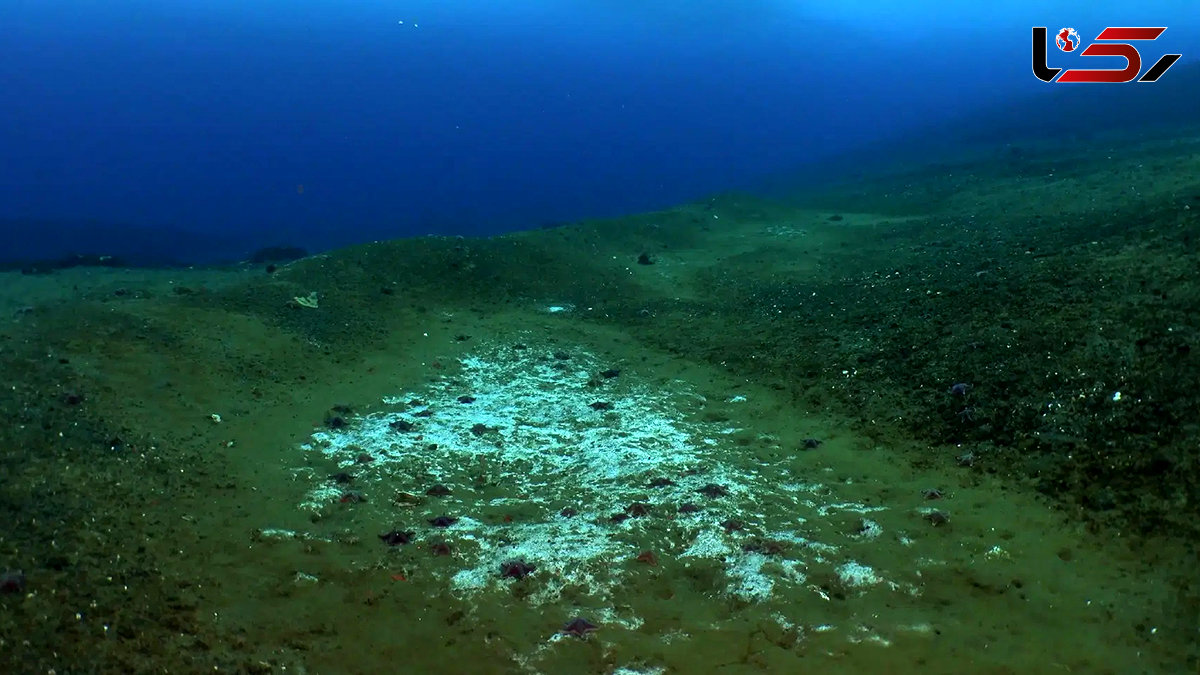Antarctic Methane Leaks Raise Alarming Climate Concerns
Rokna social Desk: Scientists have discovered rapidly increasing methane leaks from beneath the Antarctic seabed, raising serious concerns that global warming predictions may have underestimated the impact of this potent greenhouse gas.

According to Rokna, citing CNN, massive methane reservoirs, formed over millennia beneath the world’s seafloors, can escape through fissures and often appear as streams of bubbles rising to the ocean surface. Little is known about these underwater emissions, including their frequency, size, or the amount reaching the atmosphere versus being consumed by methane-eating microbes.
Understanding these seeps is critical because methane traps approximately 80 times more heat than carbon dioxide during its first 20 years in the atmosphere. To study them, an international team used a combination of ship-based acoustic surveys, remotely operated vehicles, and divers to examine sites in the Ross Sea at depths of 16 to 790 feet.
The scientists discovered more than 40 methane seeps in shallow Ross Sea waters, many at previously studied locations, suggesting that these emissions are newly active. “What was once considered rare now seems widespread,” said Sarah Seabrook, a marine scientist at Earth Sciences New Zealand.
The team fears that these seeps could rapidly release methane into the atmosphere, amplifying global warming and potentially impacting marine ecosystems. While the exact cause remains uncertain, researchers are investigating whether climate change is a driving factor.
Similar methane releases in the Arctic have been linked to rising temperatures, sea level shifts, and land rebound following glacial melting, creating a feedback loop that could accelerate climate change.
The scientists plan to return to Antarctica for a two-month mission to study the seeps in greater detail. “Methane is a true unknown—it’s increasing in the atmosphere, and we don’t fully understand why,” said Andrew Thurber, a marine biology professor at the University of California, Santa Barbara.
Thurber emphasized that Antarctic methane reservoirs could transform from a natural laboratory into a significant climate hazard if global temperatures continue to rise. “These seeps are fascinating to study, but they can be dangerous if ignored or underestimated,” he added.
Send Comments